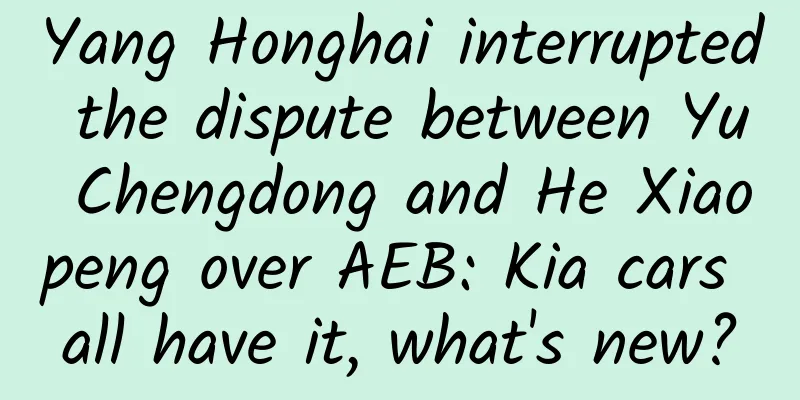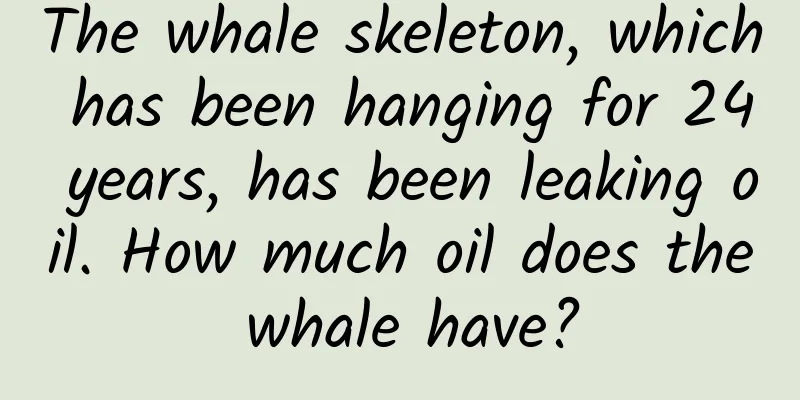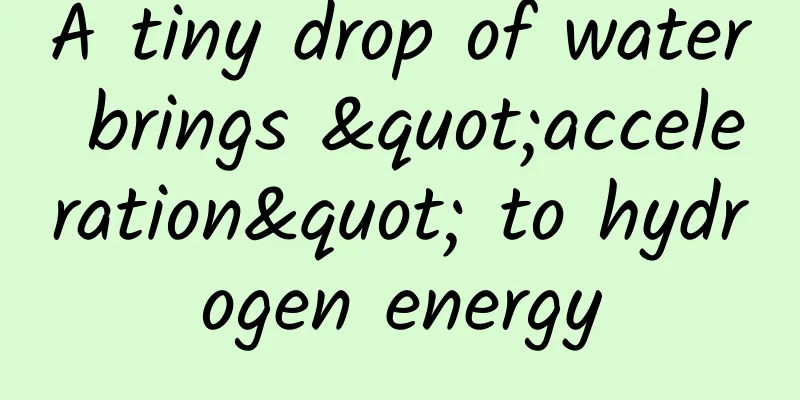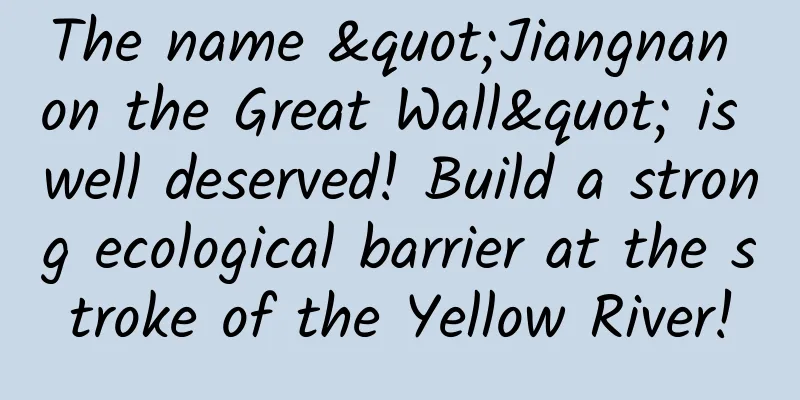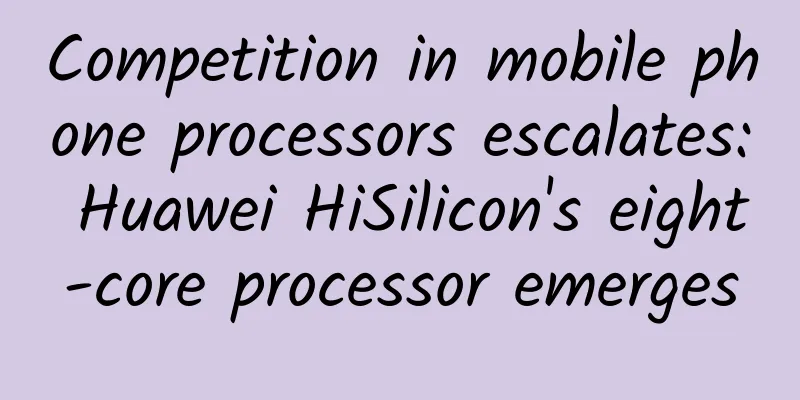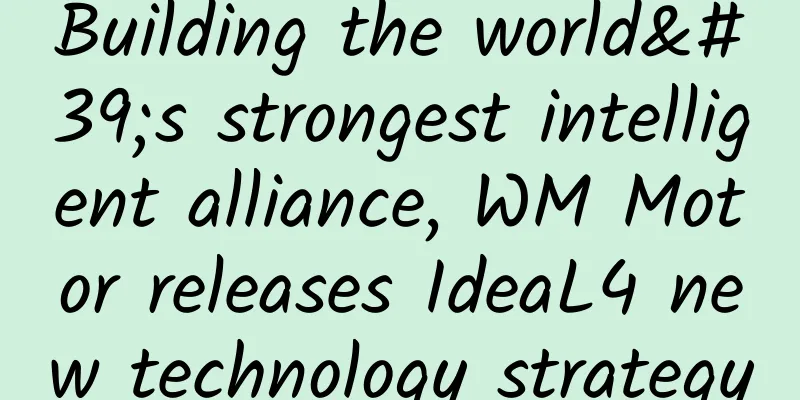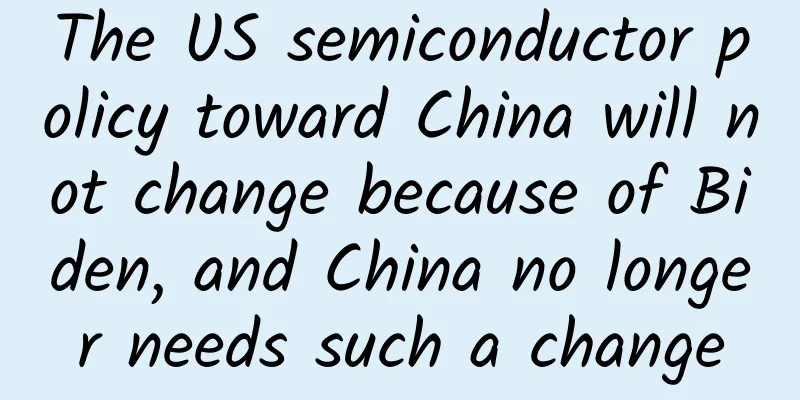How many mobile phone manufacturers have lost in Nokia’s patent war?
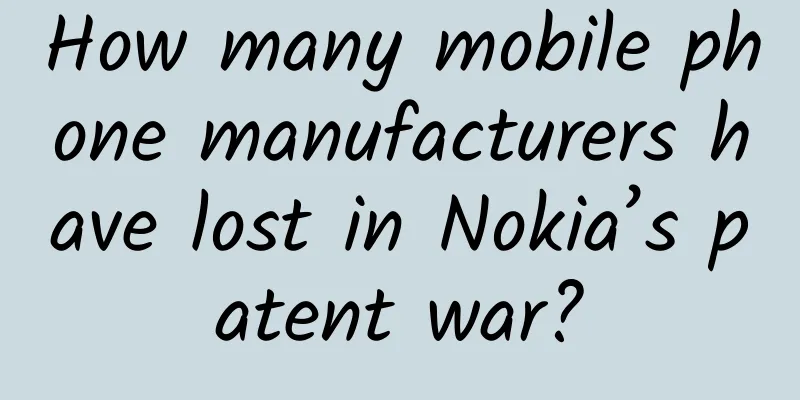
|
The patent war between Apple and Samsung lasted for several years, and ended at the end of last year when Samsung agreed to pay Apple $548 million in compensation. Samsung said at the time that it would compensate Apple for the patent fees. However, both companies later refused to accept the decision and filed an appeal, which seemed to have been settled, but it has become a new issue. However, for Samsung, the shadow of the patent war may continue to loom, and its opponent in the patent war is not only Apple, but also Nokia, which has already withdrawn from mobile phone production. According to Reuters, Nokia and Samsung reached a binding arbitration agreement in 2013 to resolve the issue of increased patent fees. The agreement covers a period of five years starting from 2014. The International Chamber of Commerce Arbitration Court accepted the case and may announce the final result in the next few days. By the way, commercial arbitration is a third way besides the price agreed by both parties and the court ruling. Nordea Bank analyst Sami Sarkamies predicts that this ruling may bring Nokia 700 million euros (about 4.985 billion yuan) in operating profit this year, and Samsung may have to pay Nokia 300 million euros (about 2.136 billion yuan) in fees every year in the future. Previously, Samsung paid Nokia 100 million euros a year. If the result is as expected by the analyst, Samsung will have to pay the fees for the past two years. Compared with Apple, Nokia plays the patent war more smoothly, winning every time and almost never failing. Last year, Samsung's fellow Korean company LG reached a mobile phone patent licensing agreement with Nokia in a similar way to Samsung. Regarding the deal with LG, Nokia Technology President Ramzi Haidamus called it a "mutually beneficial agreement." Nokia sued HTC in 2012, claiming that HTC had infringed 45 of its patents worldwide. In 2014, Nokia announced that it had signed a patent and technology cooperation agreement with HTC. After signing this agreement, the two companies ended the patent infringement lawsuit that had lasted for some time, and HTC would pay Nokia. As early as 2011, Nokia announced that it had reached a comprehensive settlement with Apple over its patent infringement dispute, which had lasted nearly two years. Apple will pay Nokia a lump sum of compensation and promise to pay subsequent patent fees according to the agreement. At that time, neither party disclosed the specific figures. According to industry experience, a bank analyst said that the one-time compensation paid by Apple to Nokia was about 420 million euros. Based on patent standards and iPhone sales at the time, the analyst said that Apple may pay Nokia 95 million euros in follow-up fees every quarter. Note that this was the situation in 2011. Judging from the subsequent high sales of iPhone, the fees paid by Apple may be greater than 95 million euros. Another company that lost to Nokia in the patent war was BlackBerry, another veteran mobile phone manufacturer. In 2012, BlackBerry agreed to settle with Nokia and pay patent fees to Nokia. As a giant that has dominated the throne of mobile phone for more than ten years, Nokia's patents cover 2G, 3G, and 4G. Moreover, a large proportion of Nokia's patents are high-value invention patents. As of November 2014, the number of Nokia's invention patent authorizations is seven times that of Apple and eight times that of HTC. Therefore, in fact, there are more manufacturers than the above that need to pay patent fees to Nokia. In 2014, the research institution ValueWalk once calculated that nearly 40 companies including Apple, Samsung, HTC, BlackBerry, LG, Sony, Motorola, Huawei, etc. need to pay patent licensing fees to Nokia. Since 2016, there have been constant reports that Nokia may re-launch smartphones with the NOKIA logo. How to balance the revenue from its own smartphones and patent licensing will be a major problem for Nokia. Once it returns to the smartphone market, Nokia may need to license its own patents to its competitors. This is something Nokia needs to consider carefully. To a certain extent, the income from patent licensing has become a major part of the revenue of some former hegemons. Take Ericsson as an example. Last month, Ericsson announced that it had reached a patent licensing agreement with Apple. The new agreement increased the proportion of Ericsson's intellectual property revenue to its total revenue to 40% in 2015. Due to this good news, Ericsson's stock price rose sharply. Nokia's revenue in this regard is not much less than Ericsson. A mobile phone giant, after no longer producing mobile phones, continues to influence the mobile phone industry in this way. It can be said that "Brother is no longer in the world, but the legend of Brother is still circulating in the world". As a winner of Toutiao's Qingyun Plan and Baijiahao's Bai+ Plan, the 2019 Baidu Digital Author of the Year, the Baijiahao's Most Popular Author in the Technology Field, the 2019 Sogou Technology and Culture Author, and the 2021 Baijiahao Quarterly Influential Creator, he has won many awards, including the 2013 Sohu Best Industry Media Person, the 2015 China New Media Entrepreneurship Competition Beijing Third Place, the 2015 Guangmang Experience Award, the 2015 China New Media Entrepreneurship Competition Finals Third Place, and the 2018 Baidu Dynamic Annual Powerful Celebrity. |
>>: Can Microsoft make a comeback with the Surface Phone?
Recommend
BYD: BYD has applied for more than 48,000 patents worldwide
According to recent news, BYD released an announc...
Review of the method of making a poster that can increase the number of fans per day, and a practical growth strategy
Before talking about the logic of fission posters...
Why have we done so much but the seed users just don’t buy it?
Friends who are engaged in operations may have fe...
Making Question Answering More Natural - Research on Natural Answer Generation System Based on Copy and Retrieval Mechanism
Making machines as intelligent as humans has alwa...
Douyin e-commerce from 0 to 1: account creation, traffic, product testing, review...
Once upon a time, there was a group of people mig...
The strange commonality of the living room economy, Google goes left, Apple goes right?
The living room is one of the places where family...
Xiaomi's car-making partner confirmed? SAIC-GM-Wuling officially confirms
It is reported that the official account of SAIC ...
Why did smartphone systems eventually become large and comprehensive?
This type of Android system customized by mobile ...
B station's complete set of promotion and traffic generation methods
Bilibili, abbreviated as B station, is a small br...
Startup teams, don’t wait until you’re out of money to realize these truths
[[143282]] Preface: There is a saying in the entr...
Chongqing has trained its first batch of drug-sniffing squirrels! I am a civil servant!
Recently, the drug-hunting squirrel has become a ...
Shaoshan SEO training: Detailed explanation of web page title cheating
Detailed explanation of web page title cheating. ...
A brief history of glasses: What did the ancients do if they were nearsighted?
Zhao Xigu of the Southern Song Dynasty wrote in h...
The most difficult 618 sales data grew by 100% against the trend, TCL created the best combination of high-end products
The repeated epidemics, obstructed logistics, the...
Data operation: customer portrait data analysis!
How can we use data to clearly profile existing u...
